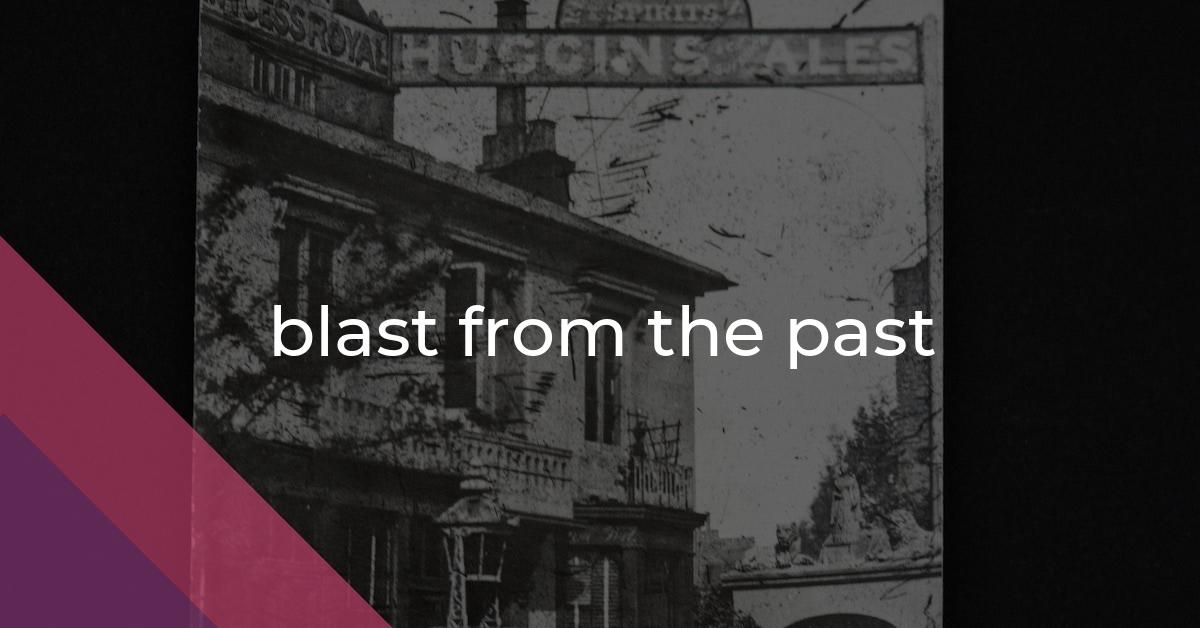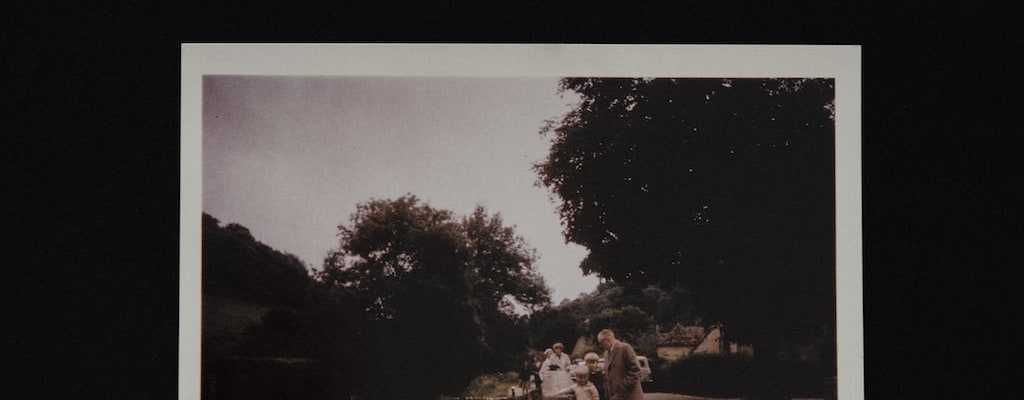blast from the past: Idiom Meaning and Origin
What does ‘blast from the past’ mean?
Blast from the past: This idiom is used to describe something or someone from the past that comes up or reappears unexpectedly. It refers to a sudden and surprising reminder of something that happened or existed long ago.

Idiom Explorer
The idiom "thing of the past" refers to something that is no longer relevant or in use, indicating that it belongs to a previous time or era.
The idiom "element of surprise" refers to the unexpected or unforeseen component or factor that creates a stunning or shocking outcome in a situation.
The idiom "drop a bombshell" means to reveal surprising or shocking news or information that has a powerful and disruptive impact.
The idiom "days of yore" refers to a past time, often with nostalgia, when things were different or better. It is used to evoke memories or romanticize a bygone era.
The idiom "come to think of it" means to suddenly remember or realize something, often when it's related to the topic currently being discussed.
The idiom "come to mind" means to suddenly think of something or someone, usually when prompted by a particular word, situation or memory.
The idiom "come to mention it" is used when someone suddenly remembers or brings up a particular topic or point during a conversation.
The idiom "come out of the woodwork" means to suddenly appear or emerge, especially in large numbers or from unexpected places. It is often used to describe people or things that suddenly become visible, noticeable or active.
The idiom "come out" means to make something known or to reveal something that was previously hidden or unknown.
The idiom "come back from the dead" means to make a surprising or unexpected return or recovery after being thought to be lost forever or beyond saving.
Time-Traveling Revealed
The idiom "blast from the past" is widely used in the English language and has its origins in the late 20th century. It refers to a person, thing, or event that brings back memories of the past, often sparking nostalgia. The phrase combines the words "blast" and "the past," emphasizing a sudden and powerful recollection of past experiences.
The exact origin of this idiom is uncertain, but it gained popularity throughout the 1980s and 1990s. Humans naturally associate strong sensory experiences and significant events with memories, and "blast from the past" perfectly captures the idea of a sudden and intense recall of the past, as if triggered by an explosion.
The idiom is commonly used in both casual and formal contexts, and it has become ingrained in popular culture, appearing in movies, TV shows, and literature. It is often used when encountering something unexpected that evokes memories of an earlier time. For example, someone might exclaim "What a blast from the past!" upon unexpectedly running into an old friend from high school.
The figurative meaning of "blast from the past" centers around nostalgia and the emotions associated with reminiscing. It captures the bittersweet feeling of revisiting memories and the conflicting emotions that arise when confronted with the passage of time. The idiom recognizes the power of triggers to transport individuals back to a different era, evoking a mix of joy, melancholy, and reflection.
This idiom also serves as a reminder of how past experiences shape who individuals become. It highlights the interconnectedness between the present and the past, suggesting that our history continues to influence our lives long after the events themselves have occurred.
The idioms "back in the day," "thing of the past," and "come back from the dead" are related to "blast from the past" in various ways. "Back in the day" is used to refer to a time in the past, often associated with nostalgia or a sense of superiority over the present. It emphasizes the speaker's reminiscing and fondness for a previous era. This phrase can be seen as a subset of "blast from the past," as it specifically points to a certain period in time.
"Thing of the past" is another idiom that overlaps with "blast from the past." It refers to something that is no longer relevant or in use, emphasizing the idea of progress and change. The notion of something being a "thing of the past" implies that it has been left behind in the wake of new advancements. This idiom aligns with the concept of "blast from the past" in terms of acknowledging the passage of time and the shifting nature of society.
"Come back from the dead" is a phrase that shares a similar sense of nostalgia with "blast from the past." It is often used metaphorically to describe something or someone that has returned after a long absence or period of decline. While it may not directly refer to the past in the same way as "blast from the past," it carries a similar idea of reawakening and revisiting what was once thought to be gone.
While "blast from the past" has a well-established meaning and usage, language is constantly evolving, and interpretations and connotations can change over time. The true meaning and usage of "blast from the past" are ultimately determined by the collective language usage of its speakers. The full range of possibilities and contexts in which this idiom can be employed remains an open area for exploration and interpretation, ensuring its ongoing relevance and intrigue.
Example usage
Examples of how the idiom "blast from the past" can be used in a sentence:
- When I saw my childhood friend after 10 years, it was a real blast from the past.
- Listening to the old songs from the 80s brought back a blast from the past.
- Discovering a photo of my grandparents' wedding was a delightful blast from the past.
More "History" idioms



